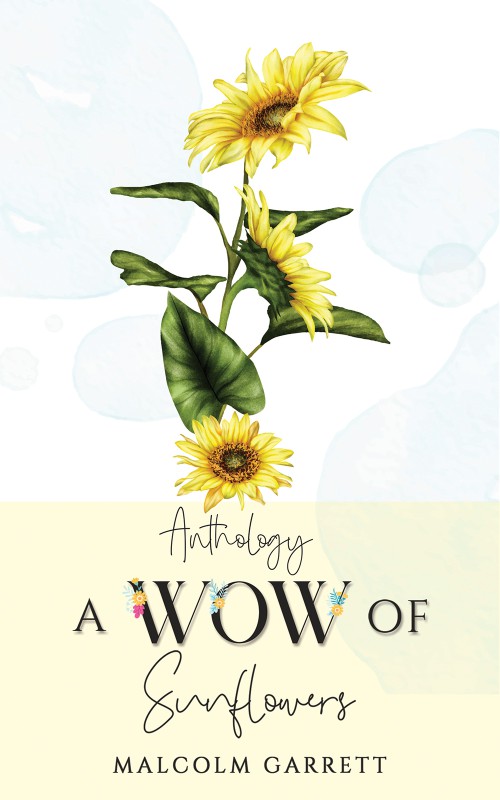
By: Malcolm Garrett
*Available directly from our distributors, click the Available On tab below
Malcolm Garrett is a retired English and History teacher who spent the last twenty-nine years of his career as Head of English at Brisbane State High School. In that role, he keenly promoted Australian literature—especially Australian poetry.
Malcolm has written a number of English textbooks, the most recent, English Toolkit Ed 2: The Nuts and Bolts of English Grammar, being a section winner in the 2016 Australian Educational Publishing Awards. During the height of the COVID-19 pandemic, he worked with his daughter to program an interactive version of that grammar text, which can be found at https://englishtoolkit.xyz/.
The downing of MH17 on 17 July 2014 was a life-changing event for Malcolm and Liz, with the loss of Liz’s sister Jill and brother-in-law Roger. The two couples had just finished a river cruise from Budapest to Amsterdam followed by two delightful days in Bruges, when they went separate ways—Malcolm and Liz to Paris and Jill and Roger to board the ill-fated flight home from Amsterdam. In wrestling with their loss, Malcolm found solace in writing poetry. In the years that followed, he also turned to poetry to express his joy at being a grandfather and to reflect on current issues.
Malcolm and Liz now live on the Sunshine Coast, near their son and his family.
Anthology: A Wow of Sunflowers … Moving on after MH17 is an elegant book in so many ways. It has been beautifully produced, on quality paper with a readable type-face that sits elegantly on the page; it’s also comfortable and easy to hold. But it’s the content that counts most, of course: a most interesting and eclectic variety of materials, initially prompted by deep sorrow, but finding the ‘silken twine’ of joy in homely as well as wonderful things. Malcolm Garrett has found the sunflowers in life and they shine a joyful note on the world, despite its sorrows, so that ‘safely through the world’ we can go.
Malcolm Garrett has embarked upon a deeply personal journey in his anthology, not only providing readers with deep reflections on life and its relative transience and fleeting nature but also providing us with a light at the end of the tunnel by accentuating the positives and moving on to other components of life’s journey to consider and celebrate. In the first section, “Wrestling with Loss”, grieving is not a destination but rather a journey where there are no rules, there are no guidelines and there are no prescribed timeframes. The poet presents differing perspectives in relation to grief with a focus on deep connections both by way of kinship and friendship. Each poem, albeit derived from differing circumstance, is none-the-less poignantly relevant to the reader on his or her life journey - and catharsis is achieved through this epiphany: we grieve deeply when we have loved deeply. Having wrestled with loss, the author reflects on the positives in life, in this case focusing on family relationships, particularly the joy of having grand-children, through whom the cycle of life goes on as surely as time goes by. We share the author’s delight in “little legs” and the joy of “falling into step” with family and friends. In the final section, the political landscape provides a platform for the author to endeavour to analyse and comment on what is happening in world events. It is an understandable characteristic of human nature to attempt to understand and philosophize and it is a trait that links back to the original motivation of the author in exploring grief. The poet’s anthology is not intended to provide all the answers to life’s exigencies but it does provide us with insights to take up as relevant and to motivate us on our own journey.
We use cookies on this site to enhance your user experience and for marketing purposes.
By clicking any link on this page you are giving your consent for us to set cookies